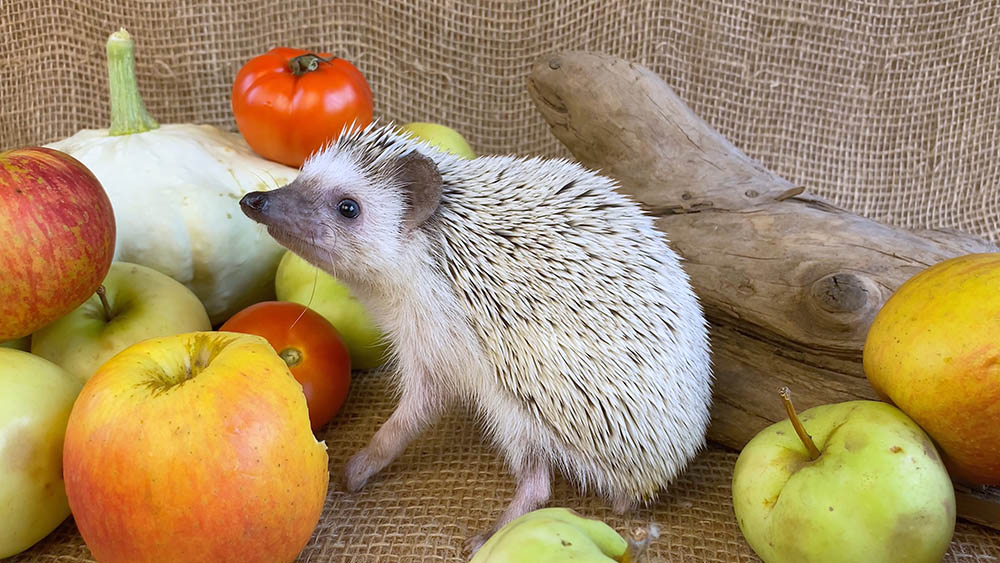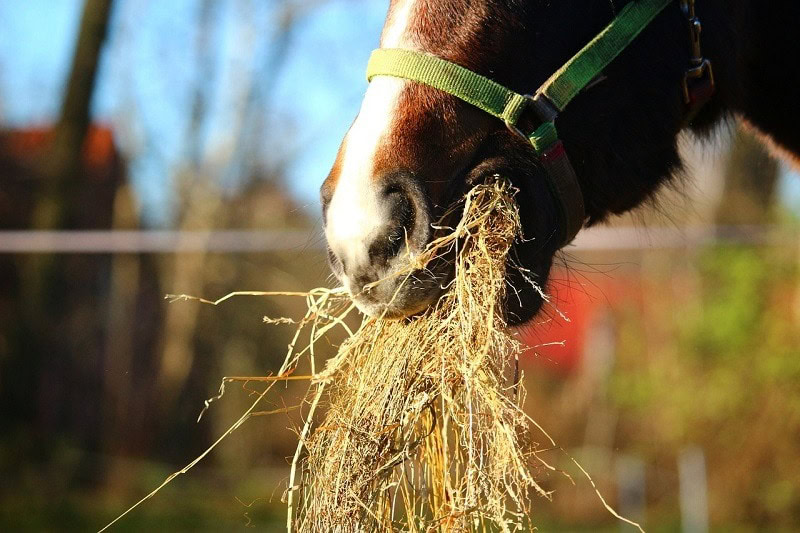VET APPROVED

The information is current and up-to-date in accordance with the latest veterinarian research.
Learn more »Click to Skip Ahead
Although hedgehogs should be fed primarily a diet high in protein and insects, fruits can make wonderful treats for them in moderation. However, not all fruits are safe for these animals to consume. It’s important to know which ones your pet hedgehog can eat and which ones they should avoid.
Before adopting a hedgehog, please ensure that it’s legal to do so where you reside. Notably, the US and some European countries have laws pertaining to the legality of their importation, sale, and ownership.

The 14 Fruits to Feed Your Hedgehog
Here is a list of the fruits that you can feed your hedgehog:
- Apples
- Bananas
- Blueberries
- Cantaloupe
- Cherries
- Kiwi
- Mangoes
- Melon
- Papaya
- Peaches (with skin removed)
- Pears
- Plums (with skin removed)
- Strawberries
- Watermelon
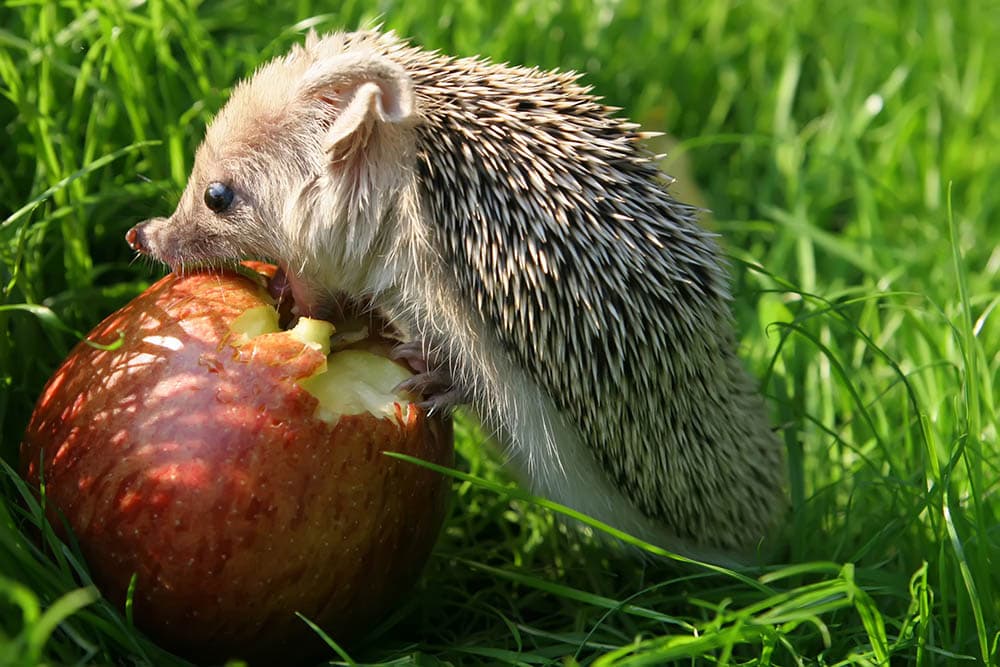
Which Fruits Are Best for Hedgehogs?
Although you can feed your hedgehog any of the fruits in the previous list, none are considered “best” for them. Their digestive system is primarily like that of an insectivore. While it’s true that wild hedgehogs may opportunistically forage on fallen fruit, it doesn’t necessarily comprise a large portion of their diet.
Hedgehogs have several adaptations that render them better suited for a high-protein diet supplemented with insects. For instance, they can utilize the chitin found in the exoskeletons of insects as fiber. However, they lack the ability to effectively digest cellulose (found in plant matter). 1
They also have a simple stomach, a short digestive tract, and no cecum; these traits favor digesting animal protein over plant matter. Their dentition is akin to that of an insectivore too. Their wide-spaced blunt incisors are used as prongs to hook onto insects that they catch. They don’t handle moist foods well and are better adapted to eating dry foods.
Fruits should only comprise a small portion of a hedgehog’s diet because their digestive physiology can’t handle large amounts of fruits (no matter how healthy they may be for us humans). Hedgehogs can also inadvertently learn to favor some foods over others, so offering them fruits on a frequent basis and in high amounts may lead to them not eating foods that they actually require for optimal health.

- Related Read: How to Take Care of a Hedgehog
Fruits to Avoid Feeding Your Hedgehog
There are certain fruits that you should avoid feeding your hedgehog:
- Avocado
- Citrus fruits
- Dried fruit
- Grapes
- Lemons
- Limes
- Oranges
- Pineapples
- Wild berries
People caution against feeding dried fruits to a hedgehog because these often contain a high amount of sugar. Most citrus fruits are avoided due to their tendency to easily and quickly sludge, though they aren’t necessarily toxic to hedgehogs.
The reason wild berries are cautioned against is that you never know exactly which kinds are safe for hedgehogs to consume. Some are toxic, so it’s best to simply avoid all wild berries, and only feed your hedgehog berries that are bought from the grocery store.
Avocados and grapes should also be avoided. They are toxic to many other pets (such as dogs and cats), so as a general rule, unless they have been evaluated for their safety in a specific species, they are best if avoided. Avocados are also exceptionally high in fat and not nutritionally beneficial for a hedgehog.
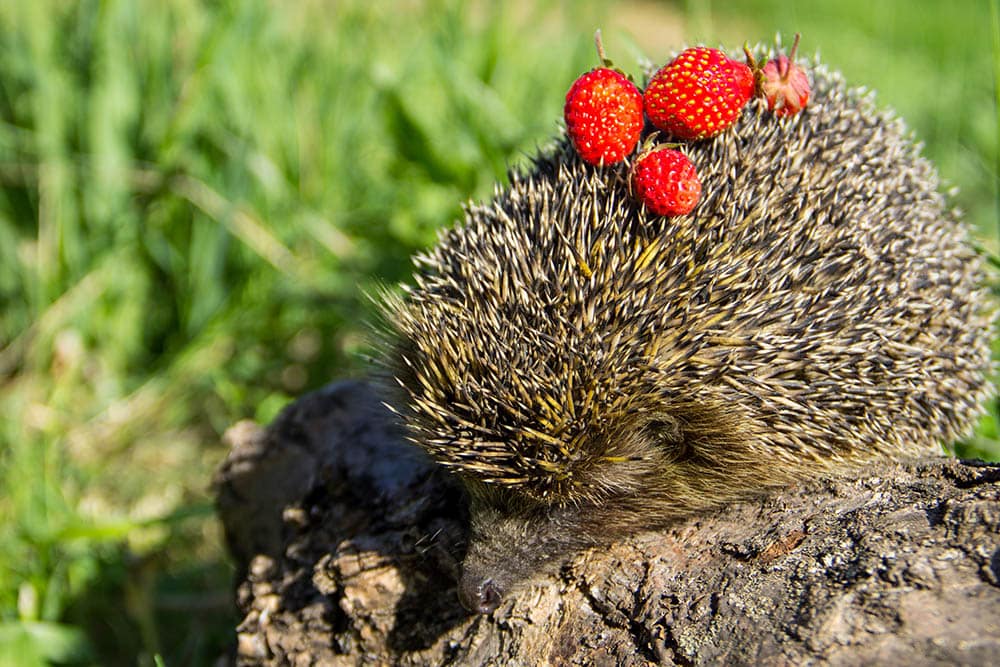
The 4 Tips for Feeding Fruit to Your Hedgehog
The following steps will ensure that you are feeding fruit to your hedgehog in the safest way possible.
1. Use Common Sense
As a rule of thumb, you should feel confident in the fruit that you offer to your hedgehog as a treat. The best way to ensure this confidence is to ask yourself if you would eat the fruit that you’re offering. If it’s moldy, has a questionable texture, is not washed, smells strange, or just doesn’t look like something that you would want to eat, don’t serve it to your pet.
2. Serve Fruit in Moderation
Do not feed fruit to your hedgehog too frequently. It’s not something that should comprise the majority of your pet’s meals. These animals are simply not made to digest plant matter well.
3. Wash Thoroughly
Before feeding any fruit to your hedgehog, make sure to wash it thoroughly to ensure that any contaminants are removed.
4. Choose Appropriate Feeding Times
Dry food is considered more appropriate for hedgehogs because it is thought to help with dental disease compared to moist foods (including fruits). Therefore, fruits should only be offered in the evening. This is when a hedgehog’s natural nocturnal foraging behavior starts and will help ensure that they eat the food quickly to minimize the risk of dental issues. It will also reduce the risk of the fruit sludging and spoiling in their enclosure (which can also lead to health issues).
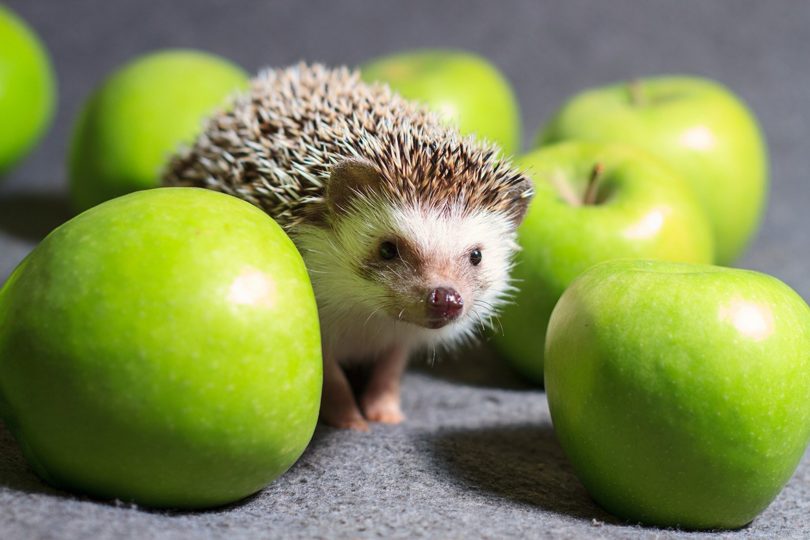

Conclusion
Even though most fruits are healthy for us humans, hedgehogs do not have the same digestive physiology. Therefore, many of the fruits that you keep at home in your pantry are not suitable for your pet.
On occasion, you can treat your hedgehog to a small helping of fruits, such as apples, bananas, berries, melons, and kiwi. These are not the only acceptable ones, but fruit isn’t something that should be a large component of your pet’s diet, anyway. If you’re not sure about what’s best for your hedgehog, it’s best to speak to a veterinarian for more clarification and information.
Next on your reading list:
Featured Image Credit: MarinaTr, Shutterstock
